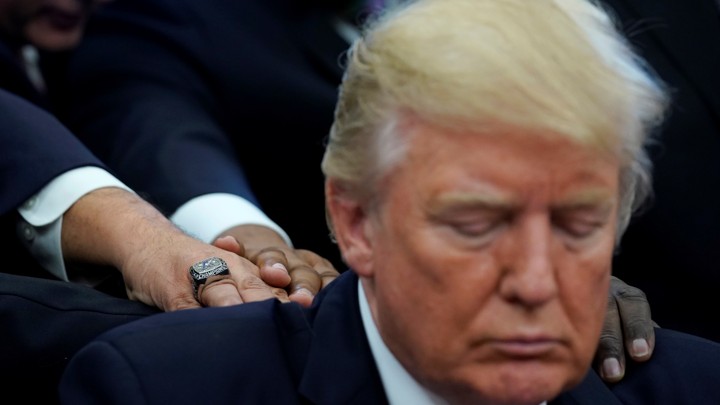 Morris NP, & Eshel N.
Morris NP, & Eshel N.JAMA. Published online August 16, 2019.
doi:10.1001/jama.2019.12293
Maintaining patient privacy is a fundamental responsibility for physicians. However, physicians often share their lives with partners or spouses. A 2018 survey of 15 069 physicians found that 85% were currently married or living with a partner, and when physicians come home from work, their partners might reasonably ask about their day. Physicians are supposed to keep patient information private in almost all circumstances, but are these realistic expectations for physicians and their partners? Might this expectation preclude potential benefits of these conversations?
In many cases, physician disclosure of clinical information to partners may violate patients’ trust. Patient privacy is so integral to the physician role that the Hippocratic oath notes, “And whatsoever I shall see or hear in the course of my profession...if it be what should not be published abroad, I will never divulge, holding such things to be holy secrets.” Whether over routine health care matters, such as blood pressure measurements; or potentially sensitive topics, such as end-of-life decisions, concerns of abuse, or substance use, patients expect their interactions with physicians to be kept in the strictest confidence. No hospital or clinic provides patients with the disclaimer, “Your private health information may be shared over the dinner table.” If a patient learned that his physician shared information about his medical encounters without permission, the patient may be far less likely to trust the physician or participate in ongoing care.
Physicians who share details with their partners about patients may not anticipate the effects of doing so. For instance, a physician’s partner could recognize the patient being discussed, whether from social connections or media coverage. After sharing patient information, physicians lose control of this information, and their partners, who may have less training about medical privacy, could unintentionally reveal sensitive patient information during future conversations.
The info is here.







